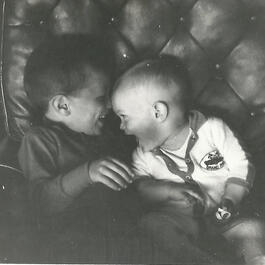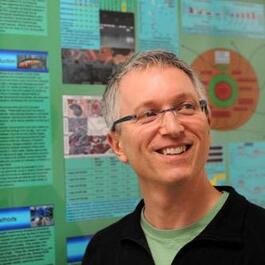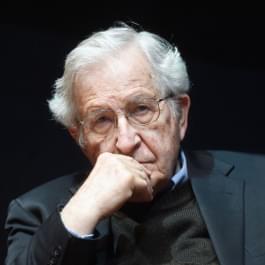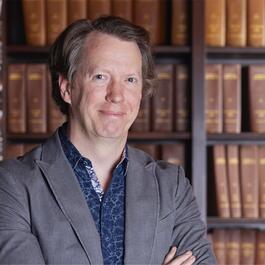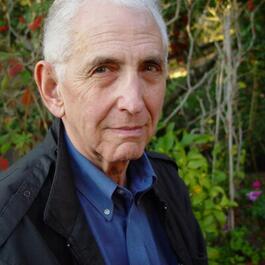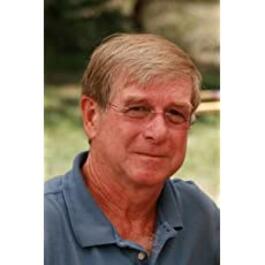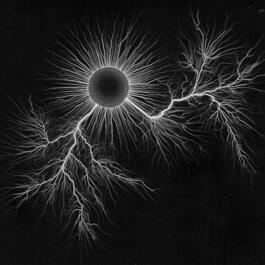
Science History Podcast
Monthly interviews on important moments in the history of science.
Show episodes
The weather has always been a critical element of the human experience - deadly during storms and droughts, sustaining when aligned with the harvest schedule, beautiful and frightening, and integrated into the myths and religions of all societies. How did a scientific understanding of the weather come about? Here to gu
In Episodes 10 and 11 of the Science History Podcast, I interviewed James Muller on the role that Winston Churchill played in the unparalleled advancement of science and technology during the first half of the 20th Century, particularly as it related to the two world wars. In today's episode, Jim returns to discuss Chu
Our health, and the health of wildlife, depends on a clean environment. Since the advent of the industrial revolution, our environment has suffered from waves of pollution as different technologies came to the fore, each with its own set of practical benefits and associated chemical waste. Perhaps the most insidious of
The year 2025 has seen the most aggressive moves ever by the US executive branch against scientific research as the Trump Administration has gutted federal science and regulatory agencies and cancelled billions of dollars in research grants that had already been awarded to universities. With me to discuss the Trump Adm
In Episode 62, I interviewed two Reuters journalists about how industry and government in the United States use conservation easements to avoid rigorous cleanup of contaminated sites. Today, one of those journalists, Jaimi Dowdell, is back to discuss how a federal agency responsible for community health assessments has
In prior episodes, we examined political interference and bias in science in a few contexts, including episode 3 on the history of U.S. congressional attacks on science, episode 57 on types of bias, episode 65 on ideology and science, and episode 84 on the academy's ideological march to the left and antisemitism on Ame

